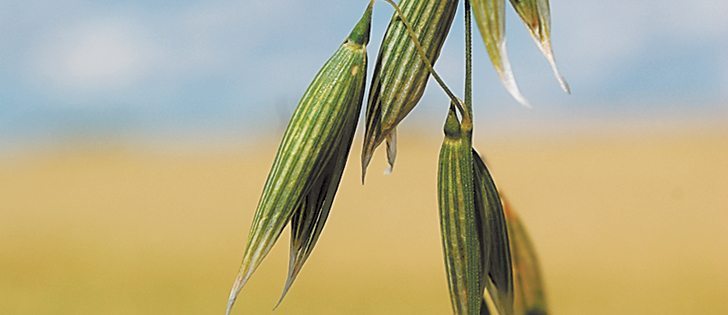Market isn’t attractive | Today’s prices aren’t encouraging growers to include oats as part of their crop rotations
The oat market needs to put up or shut up.
It must put up prices that reflect the bullish reality of oat stocks, or be willing to shut up when supplies are perilously low, something happens and prices go through the roof.
Because one way or another, farmers need to be convinced to grow oats again, and today’s prices aren’t going to do it.
“Fertilizer decisions are being made this month. Oats are not going to be in the rotation if buyers continue playing games,” farmer Dwayne Leslie from Portage la Prairie, Man., tweeted to me last week in response to a tweet and blog post I had just published, in which I noted the relatively rotten price for oats.
Read Also

Why feds imposed EV tariffs
Moe and Kinew have a fight on their hands when it comes to eliminating the EV tariff. Canada has to worry about pissing off the U.S. and Mexico and hundreds of thousands of auto workers.
That is going to be the bottom line for hundreds or thousands of prairie farmers for the 2013-14 crop: show me the money for oats, or I’ll plant something else.
What I think is different these days, and it’s something that I believe much of the oat market has not yet worked out, is that farmers are getting far more professional in their farm management and they aren’t just waiting until spring to decide what to grow.
Many farmers now want to book seed and prepare their soil before freeze-up for the crops they plan to seed next spring, and they won’t be willing to reverse those decisions next March.
There’s a well-understood phenomenon each spring in which anxious processors and marketers begin buying new crop supplies and taking new crop long futures positions in crops they fear might end up with too few acres. This raises prices, and creates an incentive for a farmer to take a fresh look at that crop compared to alternatives that haven’t increased in relative price.
This is known as the “battle for acres” and “buying in” acres.
That will always exist, but with so many seeding decisions now made in the fall, that battle needs to happen now.
Many farmers in Manitoba and warmer regions of the Prairies have already seeded thousands of acres to winter wheat. That’s because winter wheat yields well and hard red spring wheat protein premiums are small. High prices have allowed the winter wheat market to buy those acres.
That’s acreage that could have been seeded to oats next spring, and it’s too late to change those farmers’ plans.
“Definitely, guys are thinking well ahead,” Jon Driedger of FarmLink Marketing Solutions said.
He describes oats as “one of the frustrating stories” of the past couple of years, in which low stocks don’t seem to affect the price.
Ag Commodity Research oat analyst Randy Strychar has been bullish for months about oats because of the tight stocks, and marvels at the ability of the thinly traded oat market to avoid dealing with that fundamental reality.
He expects a rally in the winter, as do most analysts. But that might be too late. Errol Anderson of Pro Market Communications thinks it’s getting harder to move farmers off of acreage decisions than it used to be.
“These are big decisions, they aren’t lightly made, and a lot are being made right now,” said Anderson.
Driedger said the disappointing prices for oats compared to amply supplied crops like spring wheat aren’t why his company’s advisers are telling farmers to avoid the crop. They think even without the price signal, farmers will get their gains from the tight stocks situation.
“Either this market doesn’t pop and it gets very tight, or these guys will step in in March and pop that price up there, which would be a chance for pricing,” said Driedger.
But for many farmers who want to make their acreage decisions now, book seed, prepare fields and avoid last minute springtime switching, the prices need to be there soon or they won’t seed oats.
















